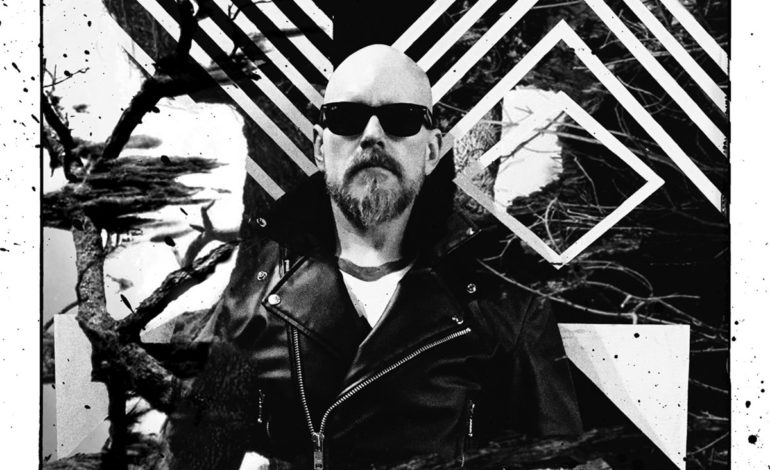

Minimalism through indulgence
South Of Heaven starts about as unashamedly as a shark bites, it even sounds like the metal of snapping teeth. The opening track is carried almost entirely by the sharpness of snares, milling beneath steamy breaths and grungy vocal production – “Invisible” is very easy to see, and it’s only a heartbeat away.
FOTOCRIME came onto the scene about three years ago, led by Ryan Patterson of the acclaimed Coliseum. His new venture has not yet reached the status of his previous success, but that doesn’t seem to be his endeavor at all. Right from the start, South Of Heaven breaks any expectation with its full-on presence and shadowy production. Even by way of post-punk experimentalists, this truly pushes the bar, and to the extent that the album feels more about its own indulgence than the need to meet an industry at its feet. But stand on toes and walk all over the industry, yes.
“Invisible” goes a long way in sustaining listeners purely because of how refreshing it is. The instrumentation is sweetly minimal, like something The Acid or The xx might write, however, there’s a punch of guitar punk that takes this minimal sound to places it has never been before.
“Up Above The World” is a time-capsule from the ’80s, full of all things Cure and the voice of Bowie and Cave smoking a cigar. The instrumentals become even more indulgent at this point, but they take on a new character. The guitars are soft and more indie melodic, the drums splash out under muffled waves of synth, and so minimalism is redefined once again.
South Of Heaven is the second in a two-part narrative, a follow up to 2018’s Principle Of Pain. The two feel like brothers in arms, worshippers to the white flash of new wave punk, but where Principle Of Pain ran into trouble at taming the hard out grunge of guitars, South Of Heaven goes the other way. It leaves the guitars alone to boil in their beauty while Patterson centers the character of his production, his voice, and his composition. “Hold Me In The Night” extends sensitivity with an underwater chorus and a harp, two things that seem pretty out of place in the context of guitar punk. But it’s the space within the writing that allows these other-worldly additions to play out in splendor, and ultimately break the genre we confine Patterson to.
As the end of the record nears things pick up a bit, running louder, more rock convening drums and stronger vocals on tracks like “Expulsion From Paradise” and “Blue Smoke.” It’s as if the album woke from slumber and continued its indulgence with the renewed strength of the night. Things feel darker and more ominous, and the progression into this new atmosphere really goes to show in a broader sense just how scenic music can be. Patterson revels in the theatre of music, and in some ways listening to South Of Heaven feels like watching a movie. We’re in the chase scene right now, the killer is about to be caught, and the end feels weary.
“Tough Skin” is not the considered finale you’d expect. In fact, it’s the opener you’d want, but as the instruments build through what sounds like the visuals to a galactic vortex, and Patterson, our movie’s protagonist, travels through time, things start to make sense. Maybe he was never caught, maybe this is his escape. His journey into what’s left of the night. Speculating on his ambition, you’d say that he knew where he was going with this record, but maybe his destination was less a sound and more a feeling. “Invisible” felt like Patterson’s surrender to whatever it was that kept him quiet, and while the music may have been more suited to an emotional ending, the feeling of “Tough Skin” is the real end to his emotions. Patterson is at his fastest, his most layered and intricate. His most alive. His most indulgent.
